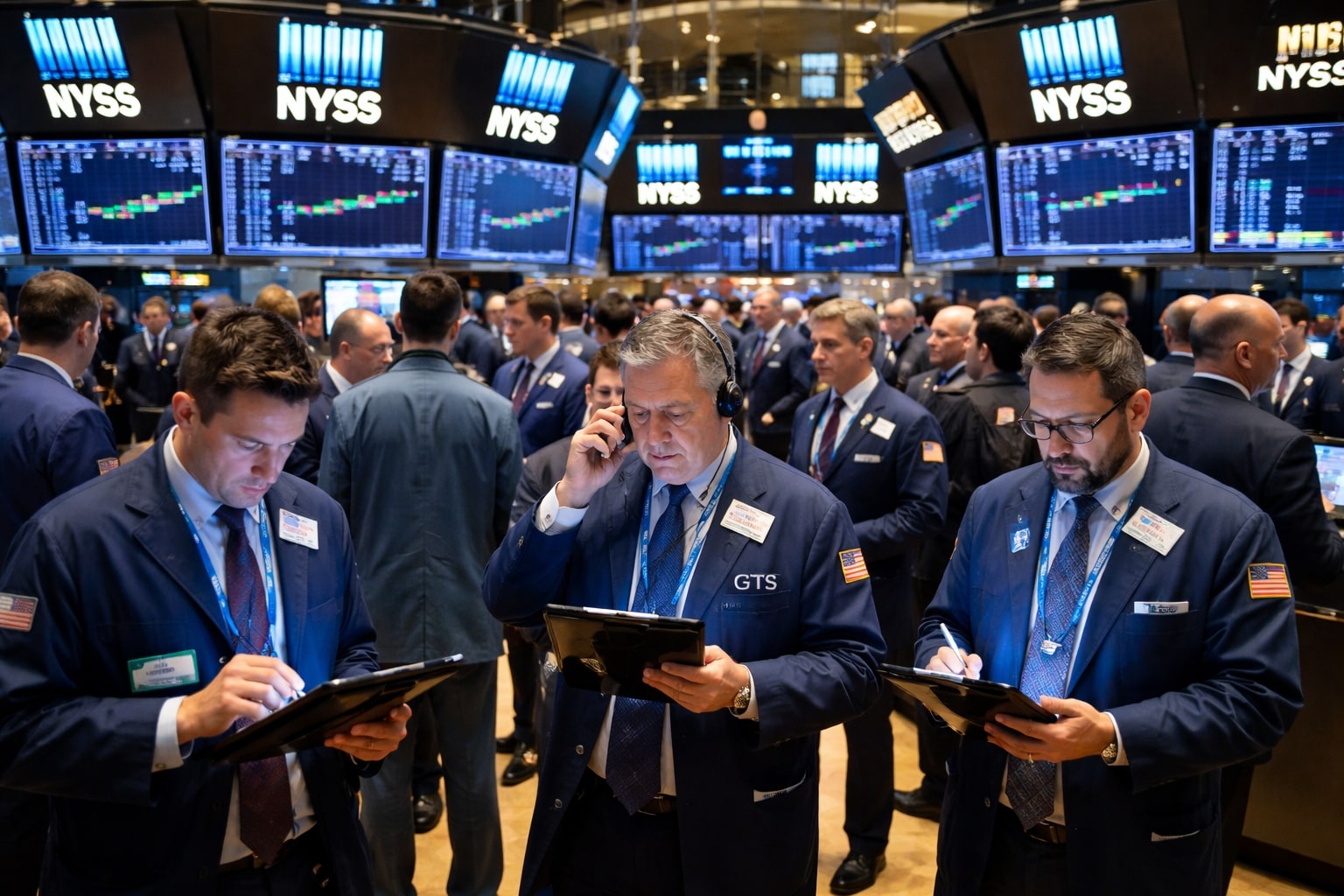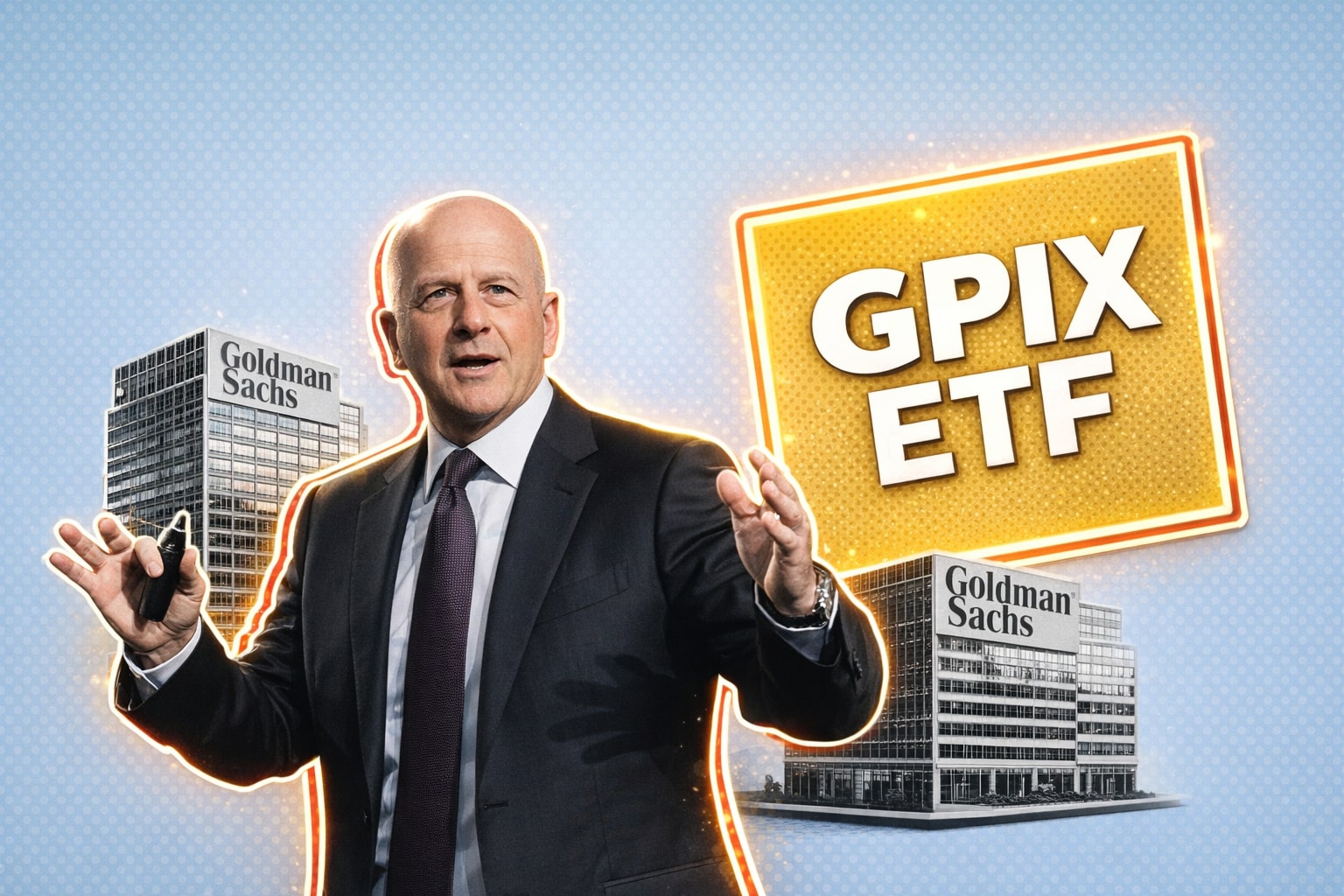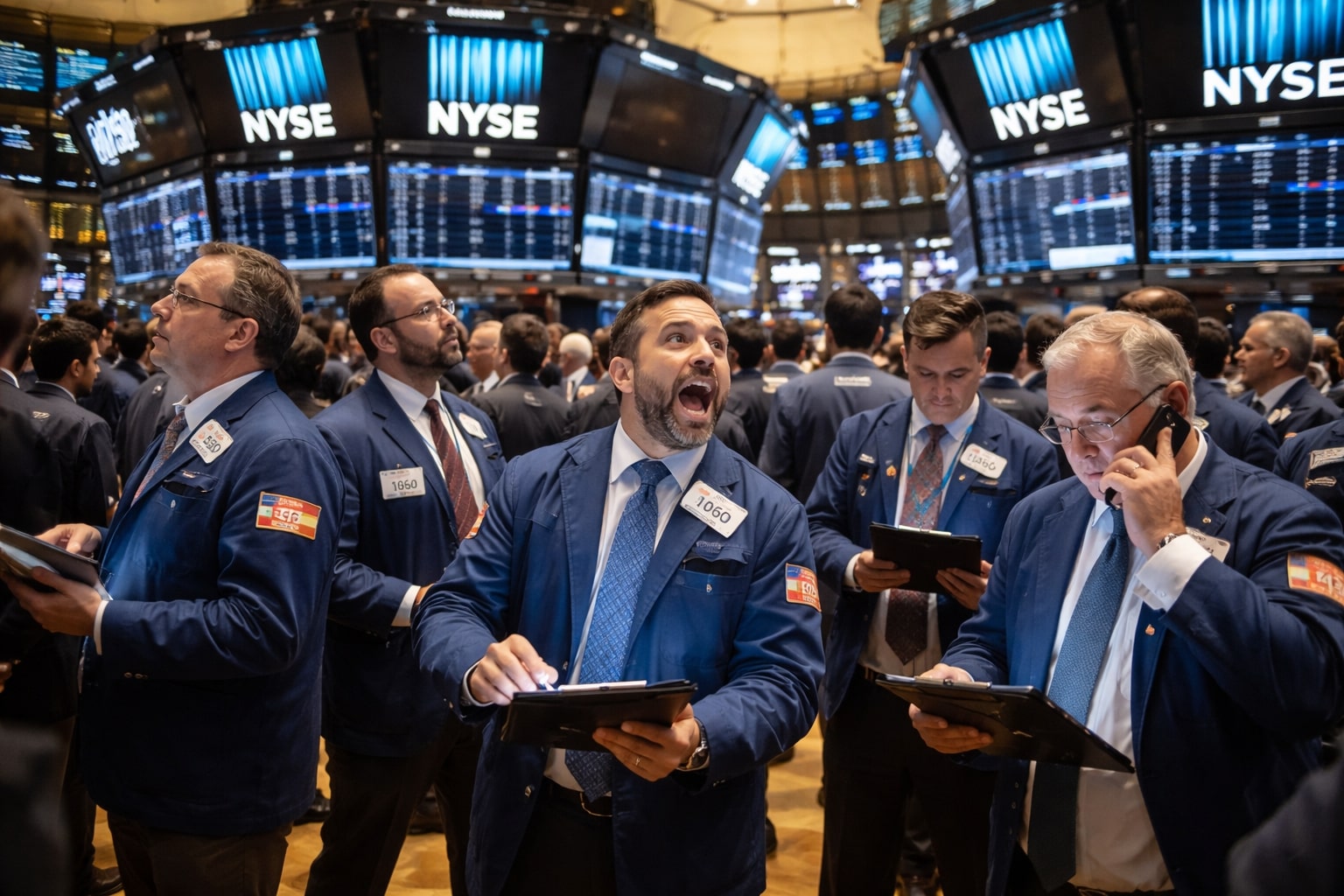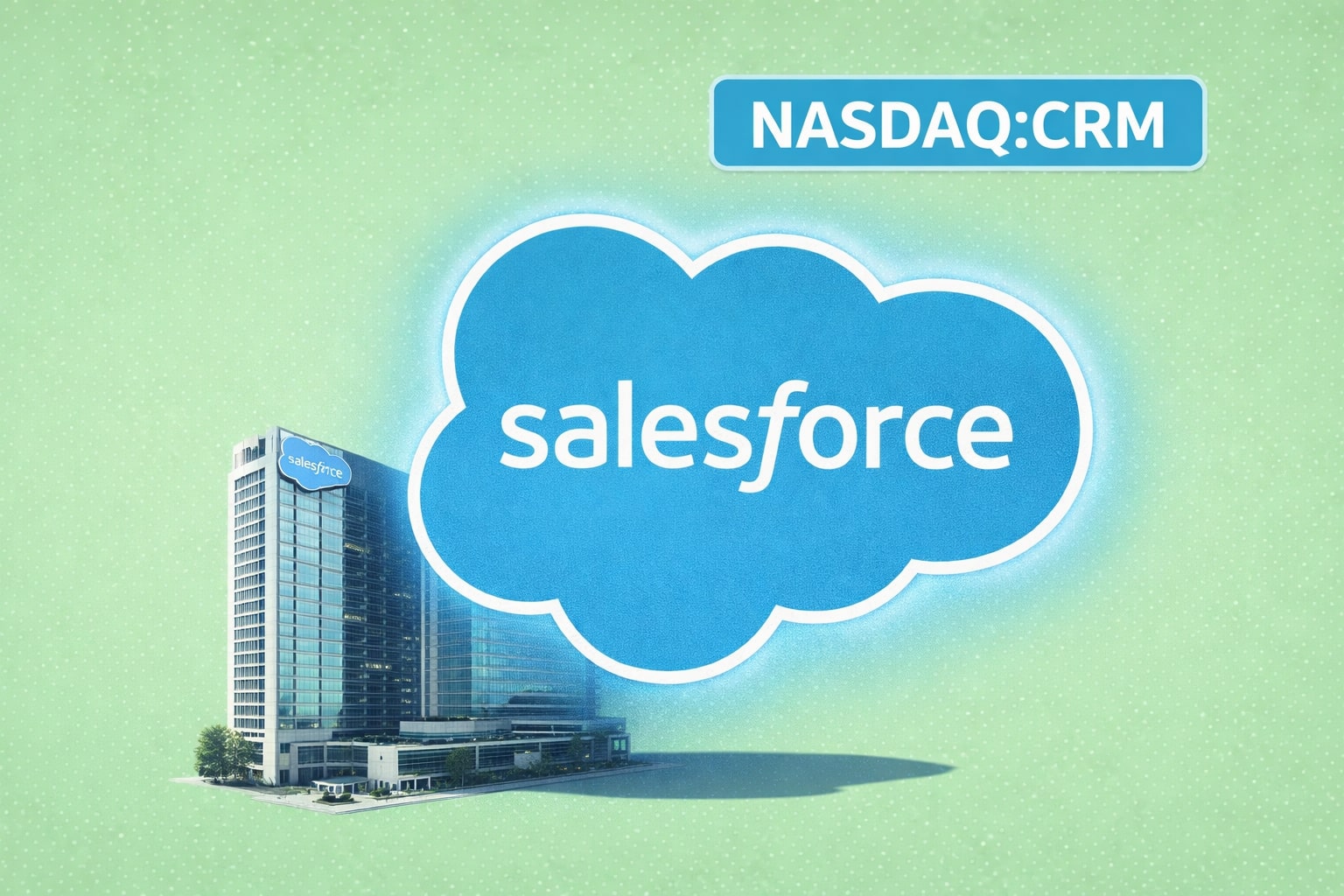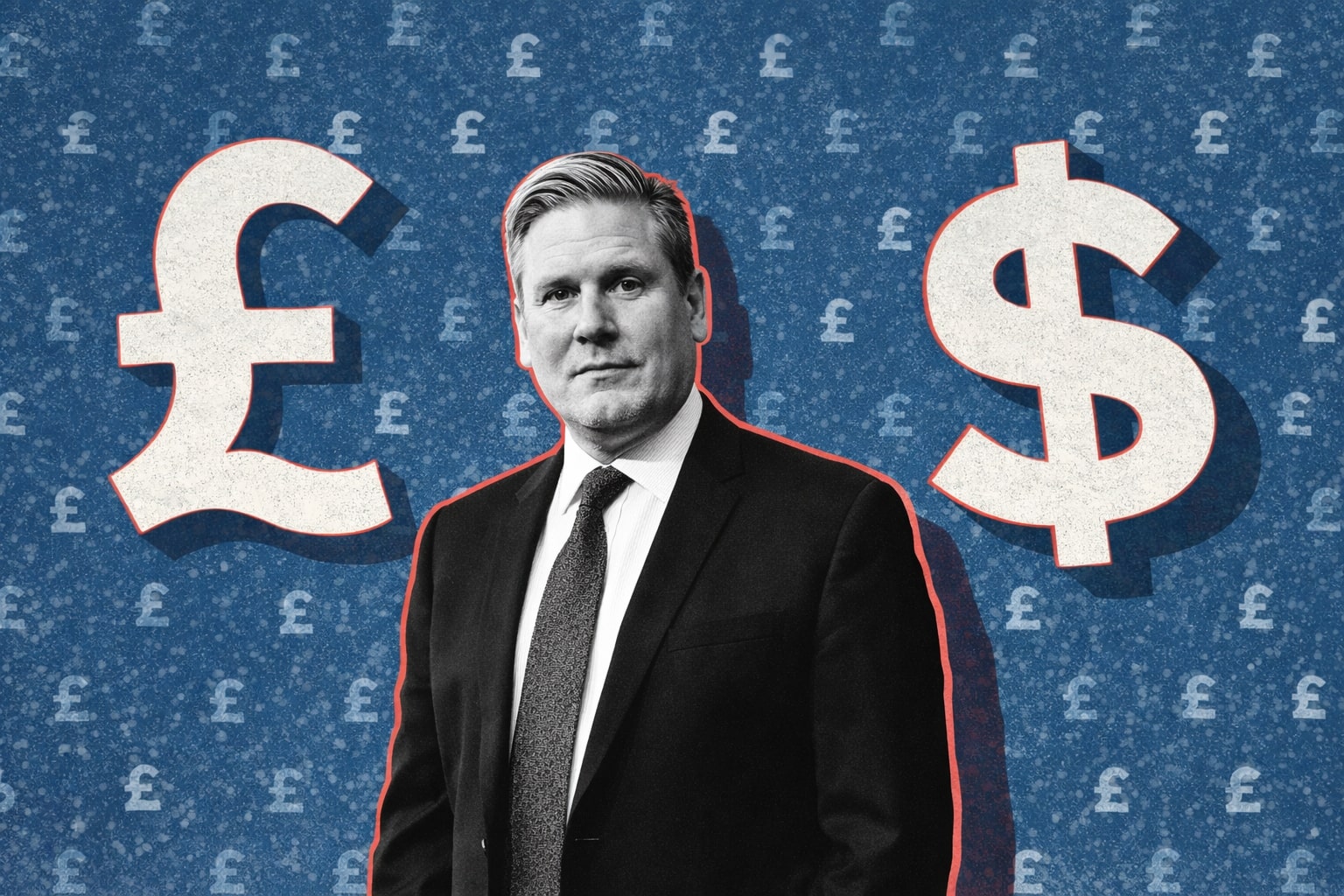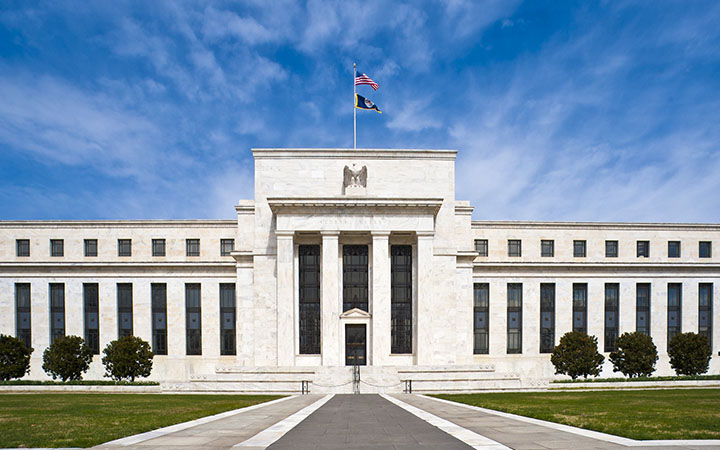
Federal Reserve Officials Divided on Interest Rates: Disagreement Over Future Direction Emerges
Uncertainty Over Rate Hikes and Economic Growth Revealed in Federal Reserve Meeting
The recent meeting of the Federal Reserve's rate-setting Federal Open Market Committee (FOMC) revealed a division among officials regarding the future direction of interest rates, according to minutes released on Wednesday. While the decision to increase the Fed's benchmark rate by a quarter percentage point was unanimous, the minutes showed disagreement over the need for further tightening. Some members believed that progress in reducing inflation was too slow and advocated for more rate hikes, while others expected a slowdown in economic growth to remove the need for further tightening. The minutes emphasized the importance of closely monitoring incoming information and its implications for the economic outlook.
The debate at the meeting centered around two scenarios. Some members believed that inflation reduction was progressing too slowly and further rate hikes were necessary. On the other hand, several FOMC members saw a slowdown in economic growth and questioned the need for additional policy firming. The minutes did not provide specific numbers or identify individual members, but it was noted that inflation was considered "substantially elevated" relative to the Fed's goal.
The minutes indicated that a more data-dependent approach is being adopted by the Fed, with multiple factors influencing the continuation of the rate-hiking cycle. The FOMC acknowledged the risks to its objectives of maximum employment and price stability and highlighted the importance of closely monitoring incoming information.
During the meeting, FOMC officials also discussed the issues in the banking industry that led to the closure of several medium-sized institutions. The minutes stated that members are prepared to use their tools to ensure sufficient liquidity in the financial system. The expected credit contraction resulting from banking stresses was noted to have the potential to tip the economy into a recession. However, the impact of the banking issues on the economy was viewed as only slightly less likely than the baseline scenario.
Public statements from Fed officials following the meeting have been mixed, with some suggesting a pause in rate hikes while others expressed skepticism about the likelihood of a rate cut this year. Governor Christopher Waller indicated his inclination towards more rate hikes to address stubbornly high inflation. Federal Reserve Chair Jerome Powell mentioned that the banking issues could affect the need for rate increases but did not hint at rate cuts.
Inflation has remained elevated, though recent economic reports have shown some moderation. Core inflation, as measured by the Fed's preferred personal consumption expenditures index, increased 4.6% on an annual basis in March. The labor market has remained robust, with a low unemployment rate of 3.4% and rising wages. These factors have contributed to the inflationary pressures.
Looking at the broader economy, purchase managers indexes have reached a 13-month high, indicating ongoing economic expansion. The Atlanta Fed's GDPNow tracker shows growth at a 2.9% annualized pace in the second quarter.
Markets have priced in the expectation of a pause in interest rate hikes at the next policy meeting in June, with a 72% probability according to the CME FedWatch Tool. The performance of the stock market is likely to be influenced by the Fed's stance on monetary policy, with historical data suggesting that rate cuts during recessionary environments have been associated with positive market performance.
There are two policy options that the Fed can consider to address elevated inflation: systematically raising interest rates or adopting an opportunistic approach. The opportunistic approach involves refraining from deliberate action to lower inflation and waiting for external circumstances, such as a recession, to naturally reduce inflation. Proponents of this approach argue that slowing the economy on purpose is unnecessary and that an accidental economic slowdown will lead to a decline in inflation. However, critics argue that relying on natural interventions may not be realistic, and the threat of a debt-ceiling induced default could have significant negative consequences.
The recent regional banking crisis and the possibility of a debt-ceiling induced default have already created economic headwinds that could contribute to a reduction in inflation. Federal Reserve Chair Jerome Powell acknowledged that the banking issues may lessen the need for rate increases. The debt ceiling debate is expected to lead to tighter credit conditions, further impacting inflation.
Former Fed Chair Ben Bernanke believes that the Fed will need to slow the economy further to bring down inflation levels. In a recent paper, Bernanke argued that labor market tightness has contributed to inflation and that an economic downturn may be necessary to address it. He emphasized the importance of a credible disinflation policy to achieve faster and more consistent results.
The home improvement industry, which experienced a boom during the Covid pandemic, is facing challenges as consumer spending on home improvement declines. Lowe's and Home Depot have both reported disappointing sales and lowered their outlook for the year. The end of the Covid emergency, higher prices, and consumer fears of a recession have contributed to reduced spending on home improvement.
In conclusion, the recent meeting of the Federal Reserve's rate-setting committee revealed a division among officials regarding the future direction of interest rates. While the decision to increase rates was unanimous, there were differing views on the need for further tightening. The minutes emphasized the importance of monitoring incoming information to determine the appropriate monetary policy. The ongoing debate reflects the challenges posed by elevated inflation and the potential impact of external factors such as the regional banking crisis and the debt-ceiling debate. The Fed's approach to monetary policy and its implications for the economy and financial markets will continue to be closely watched by investors.
Read More
-
Salesforce Stock Price Forecast - Why CRM Stock Around $238 Still Discounts Agentforce And 34% FCF
14.01.2026 · TradingNEWS ArchiveStocks
-
XRP Price Forecast - XRP-USD Holds Above $2 as Luxembourg EMI and CLARITY Act Cut Regulatory Risk
14.01.2026 · TradingNEWS ArchiveCrypto
-
Oil Price Forecast: WTI Oil Breaks Out Toward $62 as Brent Jumps Above $66 on Geopolitical Risk
14.01.2026 · TradingNEWS ArchiveCommodities
-
Stock Market Today - Dow Slides to 48,977 as BAC, WFC Sink and Gold Blasts to $4,621
14.01.2026 · TradingNEWS ArchiveMarkets
-
GBP/USD Price Forecast - Pound Holds 1.34–1.35 Band As Fed Independence Shock Offsets Strong US Numbers
14.01.2026 · TradingNEWS ArchiveForex














